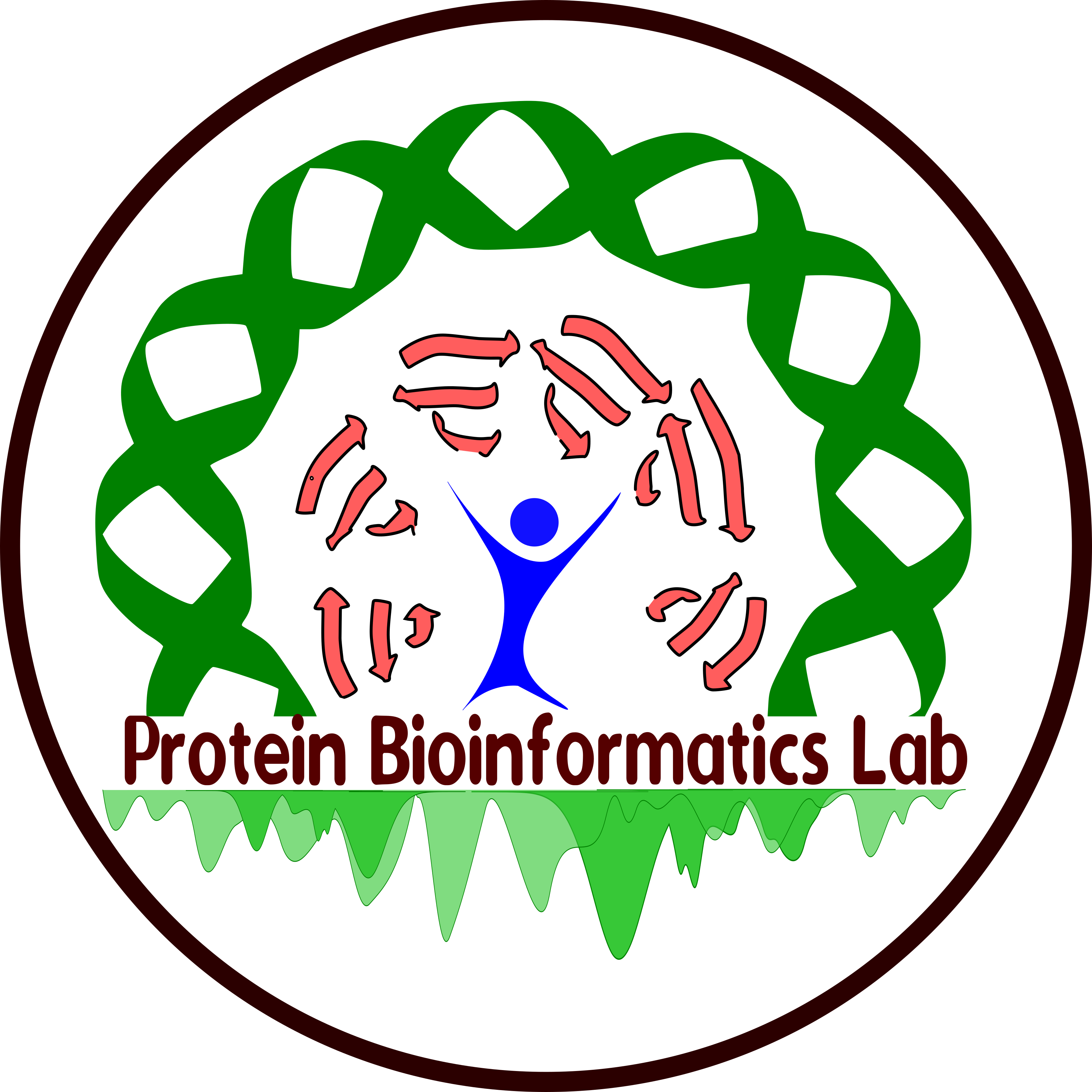 |
PCA-PredProtein-Carbohydrate complex binding Affinity Prediction |
 |
About PCA-Pred
Binding affinity prediction of protein-carbohydrate complexes
Protein-carbohydrate interactions play a major role in several cellular and biological processes. Elucidating the factors influencing the binding affinity of protein-carbohydrate complexes and predicting their free energy of binding provide deep insights for understanding the recognition mechanism.
Results
In this work, we have collected the experimental binding affinity data for a set 390 protein-carbohydrate complexes and derived several structure-based features such as contact potentials, interaction energy and number of binding residues and contacts between different types of atoms. Our analysis on the relationship between binding affinity and structural features revealed that the important factors depend on the type of the complex based on number of carbohydrates and protein chains. Generally, binding site residues, accessible surface area, interactions between various atoms and energy contributions are important to understand the binding affinity. Further, we have developed multiple regression equations for predicting the binding affinity of protein-carbohydrate complexes belonging to six categories. Our method showed an average correlation and mean absolute error of 0.731 and 1.149, respectively between experimental and predicted binding affinities on a jack-knife test.
Classes
Protein-carbohydrate complexes are classfied into 6 groups, described below:
| Monosaccharide-monomer complex | Complex formed between monosaccharide and monomer protein |
|---|---|
| Monosaccharide-dimer complex | Class of monosaccharide and dimer protein complexes |
| Monsaccharide-oligomer complex | Complex formed between monosaccharide and oligomer protein (chains more 2) |
| Disaccharide | Protein bound to disaccharide |
| Trisaccharide | Protein complexed with trisaccharide |
| Polysaccharide | Complexes of polysaccharide interacting with protein |